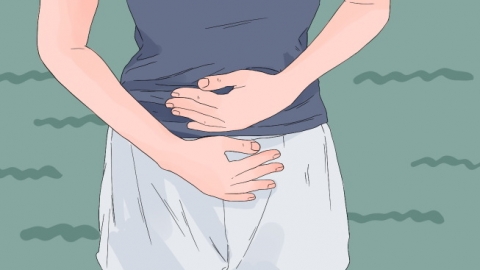What is a cold constitution?
In general, a cold constitution is a type of body constitution classification in traditional Chinese medicine (TCM), referring to a state in which the body's yang energy is deficient and yin energy relatively excessive, leading to a series of cold-related characteristics. A detailed analysis is as follows:

A cold constitution often arises from insufficient innate constitution or improper postnatal care. Some individuals are born with inherently weak yang energy, resulting in poor warming of the body. Postnatally, frequent consumption of raw, cold, or cooling foods can damage the spleen and stomach yang, impairing their digestive and transformative functions and promoting internal accumulation of coldness. Prolonged exposure to cold environments without adequate warmth allows cold pathogens to enter through the skin and muscles. Excessive fatigue or chronic illness may also deplete yang energy, causing coldness to stagnate in the internal organs and meridians, ultimately leading to a cold constitution.
Daily precautions should include maintaining warmth, especially in vulnerable areas such as the waist, abdomen, and limbs, and avoiding direct exposure to cold air. Diet-wise, it is advisable to consume more warm-natured foods such as ginger, lamb, and longan, while minimizing intake of raw, cold, or chilled foods. Engaging in mild physical activities like walking or tai chi can help stimulate the body’s yang energy. Ensuring sufficient sleep and avoiding late nights helps prevent depletion of yang. After bathing, promptly dry the body and hair to prevent opportunistic invasion by cold pathogens. Avoid prolonged stays in damp or cold environments; reduce outdoor activities during rainy weather, and maintain a dry, warm indoor environment. By adjusting lifestyle habits gradually, the cold constitution can be improved over time.




